Start-ups dealing with the AI talent gap globally and in India!
By MYBRANDBOOK

For 90s school kids pursuing Math and Coding, Artificial Intelligence spurred the imagination of a whole generation as the “coolest” frontier of Technology and Computer Science. It’s been 21 years since IBM Deep Blue defeated Gary Kasparov at Chess in 1997, about 7 years since IBM Watson won Jeopardy in 2011 and just a couple of years since Google Deepmind’s AlphaGo defeated Lee Sedol at Go in 2016.
Role of Capital and Money backing AI
The trend in the timeline is pretty clear – Artificial Intelligence is being able to do unimaginable things much sooner than expected. Even for the industry, the word is out. Companies who will be able to leverage AI will be much more competent and in a position to dominate markets than ones who don’t.
Many people must have seen that a lot of companies show intent to leverage AI at the level of top management but the outcomes on KPIs seems not that great yet. So what’s really holding them back?
There are multiple reasons for this, but a lack of capital investment is certainly not one of them. In the US alone, career advisory platform Paysa has revealed that there are open roles at top companies with the following aggregate net salaries -
Amazon: $227,769,001
Google: $130,048,389
Microsoft: $75,158,057
Facebook: $38,636,827
NVIDIA: $34,280,190
Undoubtedly, there is a fierce battle for elite talent and the biggest companies are prepared to pay whatever it takes to win.
Lack of enough qualified talent globally as well as in India
The results from an O’Reilly survey- “How Companies Are Putting AI to Work Through Deep Learning” from 2018 revealed that the lack of enough skilled AI professionals is the largest barrier in AI adoption. Speculative figures from a Tencent report suggest that of the number of available AI roles in millions we only have about 300,000 AI practitioners globally.
LinkedIn’s 2017 U.S. Emerging Jobs Report claims that last year saw a 9.8x growth in demand for machine learning engineers making it the fastest emerging job beating all other roles with salaries frequently crossing 300K USD for senior talent.
The New York Times estimates that there are only 10,000 people in the world right now with “the education, experience, and talent needed” to develop the AI technologies that businesses are betting on to create a host of new economic opportunities.
Indian companies, on the other hand, are facing a much more amplified and different situation from that being faced by their counterparts from the US and UK.
As per a Quartz article notes, only 4% of AI professionals in India have actually worked on cutting-edge technologies like deep learning and neural networks, which are the key ingredients for building advanced AI-related solutions.
Many such companies require candidates with Ph.D. degrees in AI-related technologies, which is rare in India. India counts for just 386 of the roughly 22,000 Ph.D. educated AI-researchers worldwide, according to the Global AI Talent Report 2018 that crawled data from jobs site LinkedIn for its findings.
Even in the Indian context, between 2014 and 2017, AI startups in India have raised less than $100 million from venture capitalists. Further, most of these new AI focussed Indian tech companies are not research oriented. There is also a severe dearth of data, which hinders research. And finally, even those who do set up AI-based ventures struggle to find the right talent and skills.
Roles in Data Science and Data Engineering (of which AI is a part) are at the intersection of maths, statistics, and programming. Worldwide trends in strategy reports suggest that one of the ways to address the AI skills gap is to increase resources for digital, mathematical and technical education such as the UK Government announced in its 2017 Industrial Strategy Whitepaper.
China has been luring top global AI researchers for quite some time now, many from Silicon Valley firms. It has built a $2 billion research park dedicated to AI in western Beijing and is spending more millions on AI research at universities and private firms. The research community in China is also far more robust than in India. The Chinese government spends 2% of its GDP on research while India’s marks a dismal 0.6%.
Most Indian colleges do not have AI as the focus of their various academic programs. IIT Kharagpur, under the leadership of the visionary Prof. P.P. Chakrabarti recently started setting a first of its kind Center of Excellence in Artificial Intelligence (AI) Research which was seed funded by one of India’s leading AI startups Capillary Technologies.
More such initiatives will definitely incentivise the AI R&D ecosystem in India.
As of today, according to Belong (an HR-tech startup), of the 7,000-10,000 data scientists in India, only about 2% are known to have PhDs.
How Indian startups are dealing with the talent gap
Apart from academic collaborations, in order to meet the short-term goals, most startups and unicorns are doing something similar to China and successfully so. They are attracting leadership level as well as senior experienced talent in AI by importing talent from the US and Canada to get the right teams in place either located in India or otherwise.
But what unicorns can afford, most early-stage startups cannot. To solve this problem, startups can also be a little creative about how to get their AI team up and running in a shorter period of time and in a more economical way, as we did at Inshorts.
Our strategy was to spot great talent, with an R&D bent of mind with high motivation, who could upskill themselves if given access to the right mentors from the industry and the right datasets from the product and last but not the least a wide playing field for experimentation. This way paid off really well for us and has been a very sustainable way to continue our AI endeavours.
Most of the effective AI research is already a public domain knowledge. To be able to take that knowledge and create a valuable and impactful module for the business also involves not very trivial steps, which are greatly enhanced by experience and creativity.
Apart from the AI team’s need to have access to the right kind of data and the right quantum of data, they also need to be experienced enough to be able to model the business problem effectively and fine tune it based on intuition and experience.
Given enough time to a smart team who can read and understand cutting-edge research, is not shy of doing hands-on experimentation and consult industry mentors to tap into their experience, a very optimal and desirable result can be produced for the business.
In the longer term it’s this kind of patience to hone and develop talent internally that can produce great results for the ecosystem
In addition, a lot of startups are also not shy of making collaborations with academic R&D professionals. R&D professionals in AI are always facing the crunch of access to data which companies can make accessible via secure APIs and NDAs.
In return, the startups get access to very diligent and smart AI professionals who already have the academic ecosystem to tap into for experience and insight.
In short, hire smart people with some experience, be patient with them, empower them with the data and right mentorship and collaborate with academia, and a great AI team can be built.


Nazara and ONDC set to transform in-game monetization with ‘
Nazara Technologies has teamed up with the Open Network for Digital Comme...

Jio Platforms and NICSI to offer cloud services to government
In a collaborative initiative, the National Informatics Centre Services In...

BSNL awards ₹5,000 Cr Project to RVNL-Led Consortium
A syndicate led by Rail Vikas Nigam Limited (abbreviated as RVNL), along wi...

Pinterest tracks users without consent, alleges complaint
A recent complaint alleges that Pinterest, the popular image-sharing platf...


Icons Of India : Deepak Sharma
Deepak Sharma spearheads Schneider Electric India. He brings with him ...
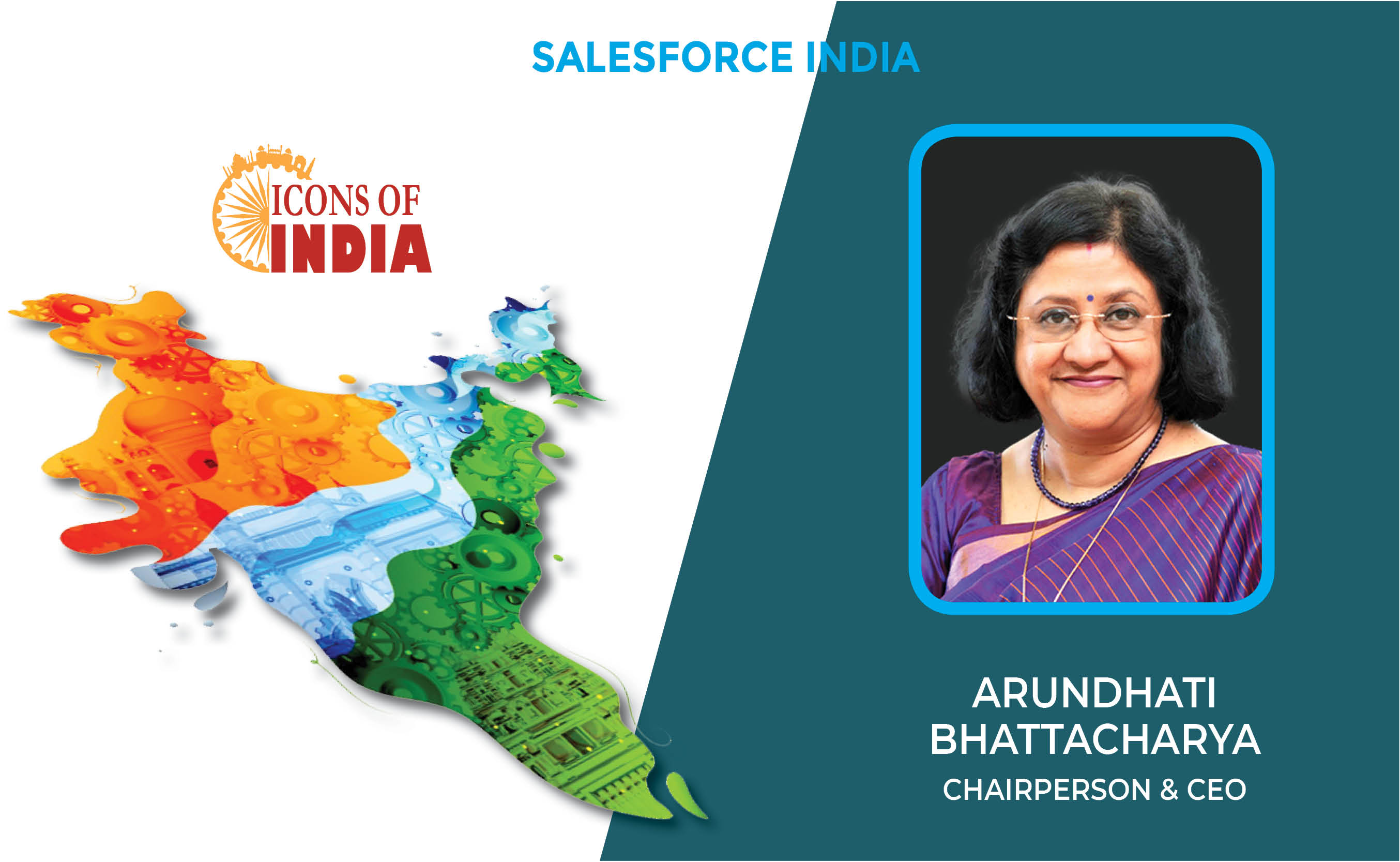
Icons Of India : Arundhati Bhattacharya
Arundhati Bhattacharya serves as the Chairperson and CEO of Salesforce...

Icons Of India : Kumar Mangalam Birla
Aditya Birla Group chairman Kumar Mangalam Birla recently made a comeb...


IREDA - Indian Renewable Energy Development Agency Limited
IREDA is a specialized financial institution in India that facilitates...
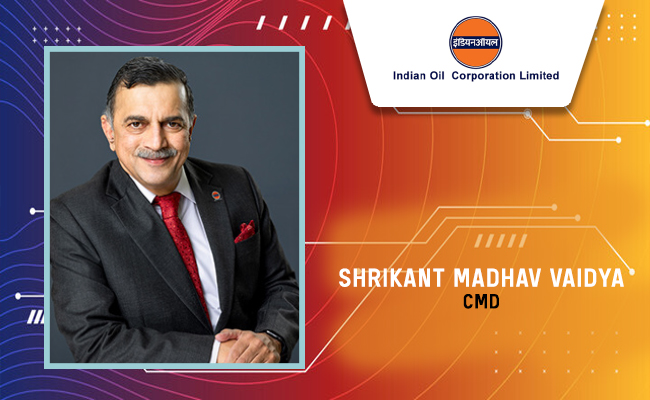
IOCL - Indian Oil Corporation Ltd.
IOCL is India’s largest oil refining and marketing company ...
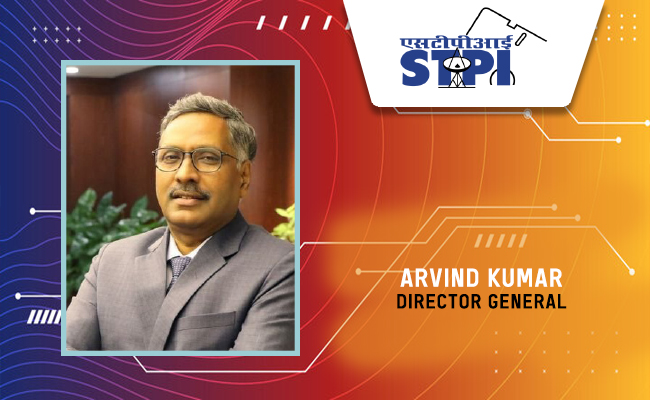
STPI - Software Technology Parks of India
STPI promotes and facilitates the growth of the IT and ITES industry i...

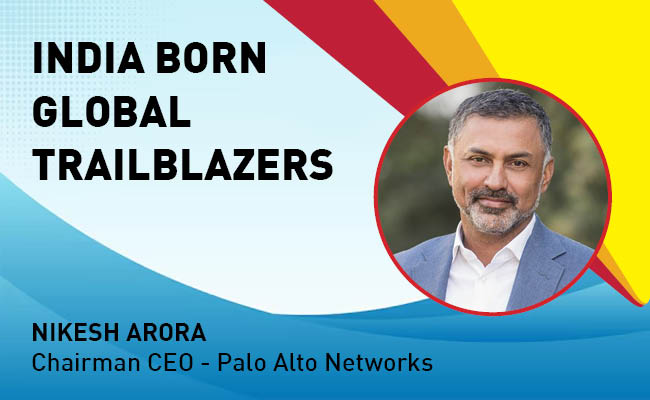
Indian Tech Talent Excelling The Tech World - NIKESH ARORA, Chairman CEO - Palo Alto Networks
Nikesh Arora, the Chairman and CEO of Palo Alto Networks, is steering ...
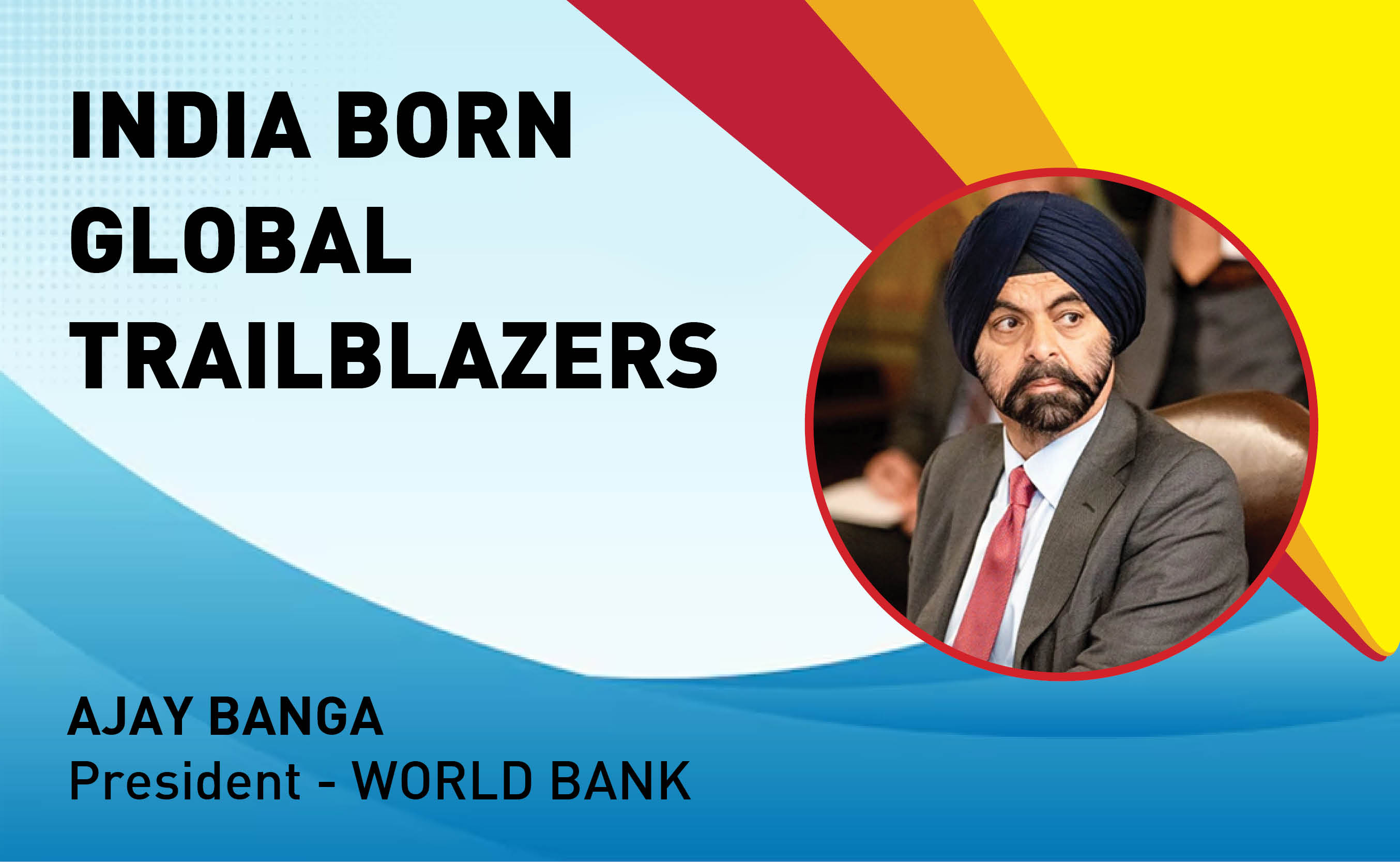
Indian Tech Talent Excelling The Tech World - AJAY BANGA, President - World Bank
Ajay Banga is an Indian-born American business executive who currently...
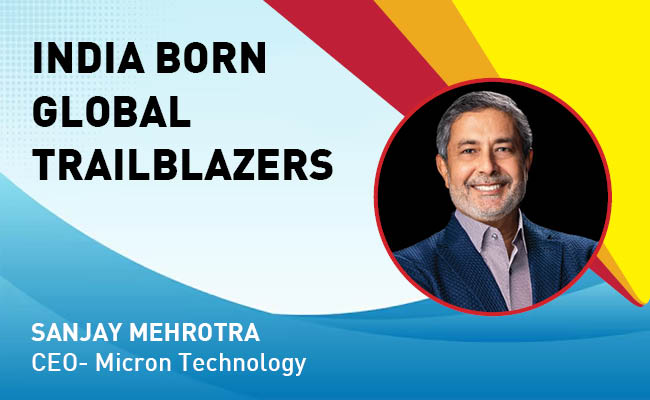
Indian Tech Talent Excelling The Tech World - Sanjay Mehrotra, CEO- Micron Technology
Sanjay Mehrotra, the President and CEO of Micron Technology, is at the...